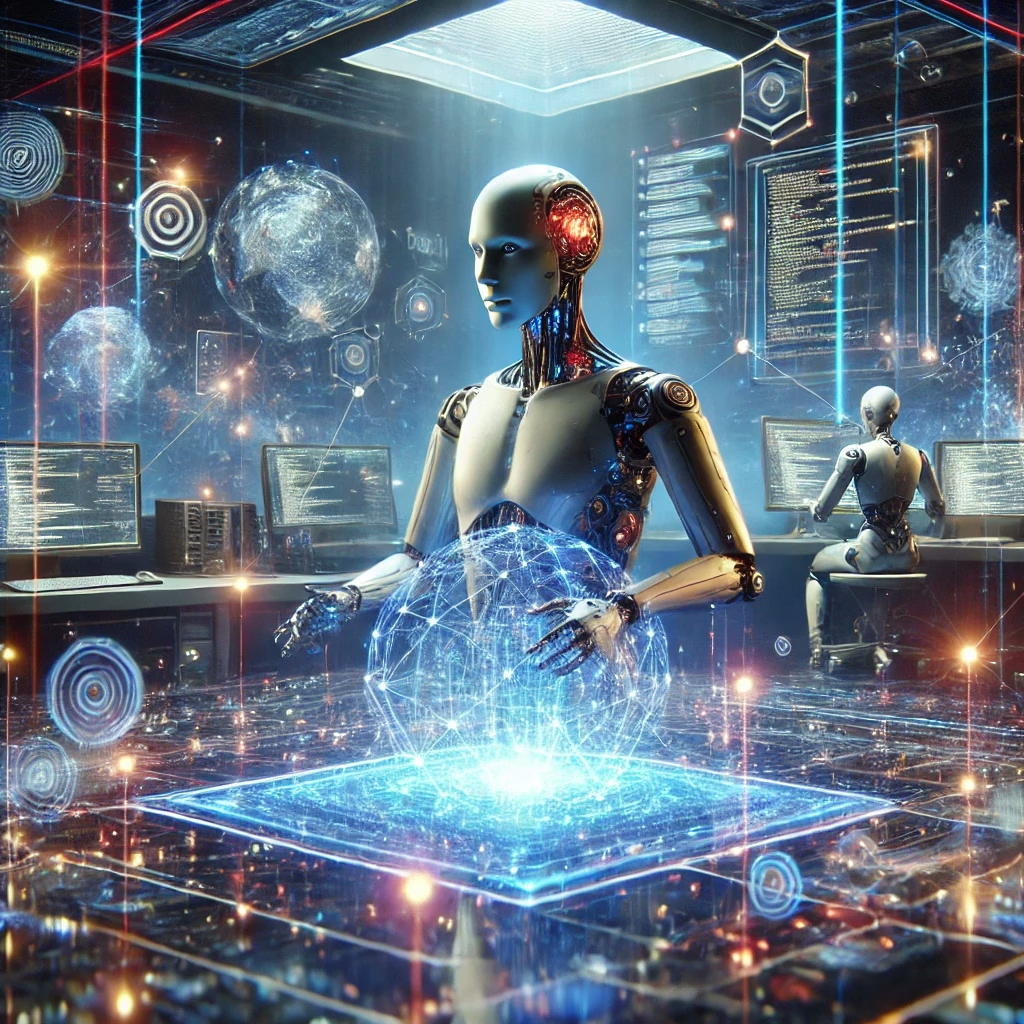
The early 1990s marked a silent revolution—one that would reshape every facet of modern life. Amid the end of the Cold War and the rise of globalized economies, a quiet but profound innovation took root: the Internet. What began as an obscure network used by scientists and academics rapidly evolved into the most transformative force of the 21st century.
The Internet is more than just a technological achievement; it is a historical turning point. It has fundamentally redefined how we live, learn, work, connect, and evolve as a global society. This article explores the history, impact, and future of this revolutionary force—and why its influence is only just beginning.
A Brief Look Back: The Birth of the Internet
The roots of the Internet can be traced to the 1960s, when the U.S. Department of Defense developed ARPANET—a system that allowed computers to communicate across long distances. By the 1980s, computer networks were becoming more sophisticated, but it was Tim Berners-Lee’s invention of the World Wide Web in 1991 that truly opened the door for mainstream access.
In 1993, fewer than 200 websites existed. Today, there are over 1.1 billion websites source, covering everything from news to entertainment, education, business, and social networking. The Internet had gone from a specialized academic tool to the infrastructure of modern civilization in just three decades.
The Internet: A Defining Historical Turning Point
Why is the Internet considered a historical turning point?
- Global Reach: It connects over 5 billion people.
- Scalability: It adapts to and fuels emerging technologies like AI and IoT.
- Economic Engine: It powers e-commerce, fintech, digital marketing, and remote work.
- Cultural Shift: It changes how we think, interact, and express ourselves.
This global network has transcended its origins to become a platform for human innovation, empowerment, and evolution. Its impact is deep and wide, touching nearly every sector imaginable.
Communication Reimagined
Pre-internet communication was largely static and one-directional: newspapers, TV, and radio broadcast information to passive audiences. With the Internet, communication became dynamic, real-time, and two-way.
Today, platforms like X (formerly Twitter), Facebook, WhatsApp, and Zoom allow instant global interaction. People now participate in discussions, movements, and communities across cultures and time zones.
Hashtags That Made History:
- #BlackLivesMatter
- #MeToo
- #ArabSpring
- #ClimateStrike
These hashtags united people under common causes and turned individual voices into collective action. The Internet has democratized influence and sparked global change.
Education for Everyone, Everywhere
Before the Internet, education was limited by geography, income, and institutional access. Now, anyone with an internet connection can learn anything, from anywhere.
- Khan Academy offers free learning tools for students worldwide.
- Coursera and edX provide university-level courses from top institutions.
- YouTube, the world’s second-largest search engine, hosts millions of how-to videos and tutorials.
This shift isn’t just educational; it’s economic. Access to learning means access to opportunities, especially for underserved communities. The Internet is breaking down centuries-old barriers to knowledge.
The Digital Economy and the Rise of New Work
The Internet has not only redefined work—it has created entirely new economies.
- E-commerce is expected to exceed $6.3 trillion globally in 2024 source.
- Gig economy platforms like Uber, Upwork, and Fiverr allow flexible income opportunities.
- Cryptocurrencies and blockchain technology are revolutionizing finance and ownership.
With the rise of remote work, digital entrepreneurship, and decentralized finance (DeFi), the traditional 9-to-5 model is no longer the only path to success.
Trending Tags:
- #RemoteWork
- #Ecommerce
- #DigitalNomad
- #Crypto
Civic Engagement and Digital Democracy
The Internet has revolutionized the way people engage with politics and policy.
- Online petitions via platforms like Change.org can influence legislation.
- Social media enables real-time updates from politicians, journalists, and activists.
- Protest movements gain global attention through viral content.
However, this empowerment comes with responsibility. The rise of misinformation and deepfakes threatens informed decision-making. Combatting digital manipulation is now a top priority for democracies worldwide.
The Healthcare Revolution
Digital health technologies have surged, especially after the COVID-19 pandemic. Now, healthcare is more accessible, responsive, and personalized.
- Telehealth platforms allow virtual doctor consultations.
- Wearables like Apple Watch and Fitbit monitor heart rate, sleep, and fitness in real time.
- Apps and AI tools help manage mental health, chronic conditions, and medication schedules.
Global investment in digital health surpassed $57 billion in 2022 source, and it continues to grow.
Hashtags Driving Change:
- #Telemedicine
- #HealthTech
- #DigitalHealth
Challenges That Come With Innovation
Every great leap forward presents new obstacles. To unlock the full potential of the Internet, we must address critical issues:
- Digital Divide: Millions still lack access to stable, affordable internet.
- Cybersecurity: Cybercrime, data breaches, and online scams are rising.
- Misinformation: Fake news and conspiracy theories erode trust and social cohesion.
- Mental Health: Constant connectivity contributes to anxiety, depression, and online addiction.
Solving these challenges requires collaboration between governments, tech companies, educators, and individuals.
What the Future Holds
The Internet is the foundation for future technologies:
- Artificial Intelligence (AI): Smarter systems for education, healthcare, and automation.
- Internet of Things (IoT): Smart homes, cities, and infrastructure.
- Metaverse and Virtual Reality: New ways to socialize, work, and play.
- Quantum Computing: Unimaginable processing power for global problems.
We’re not just spectators of this digital future—we are co-creators. Our choices, innovations, and ethics will define what comes next.
How You Can Be Part of the Change
This is a shared evolution, and your participation matters:
- Stay Informed: Follow trusted outlets like Wired and MIT Technology Review.
- Be Digitally Literate: Learn how to spot fake news and protect your data.
- Promote Inclusion: Support initiatives that provide internet and devices to underserved communities.
- Use Your Voice: Advocate for responsible tech policy and fair access.
Final Thoughts: A World Connected
The rise of the Internet isn’t just a moment in history—it’s a movement of humanity toward greater connection, potential, and transformation. It has empowered voices, expanded minds, and opened doors.
As we move into the next digital age, let us use this power wisely, inclusively, and creatively. The future is not something we await; it’s something we shape—together.
Join the Conversation
What impact has the Internet had on your life or community? Share your story and help others reflect on this pivotal moment in human history.
#InternetImpact #DigitalRevolution #FutureOfTech #TurningPointHistory #OnlineLife
🔗 Share this article and tag a friend. Let’s keep the conversation going.
Want more insightful content? Subscribe to TechCrunch or The Verge for cutting-edge updates on tech and innovation.














